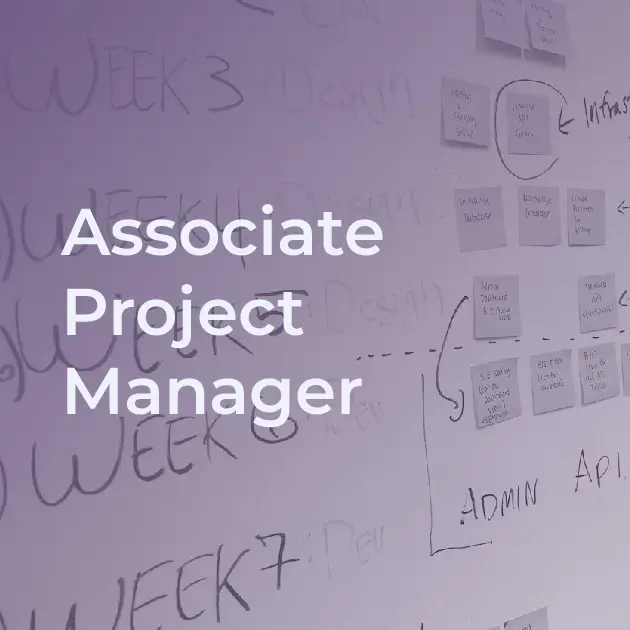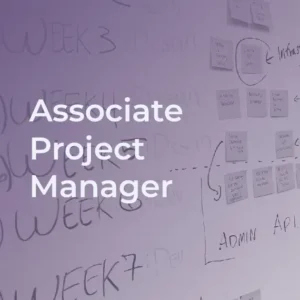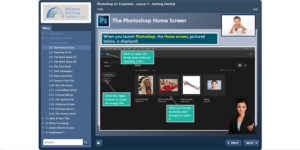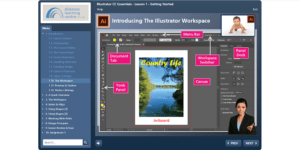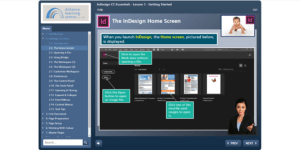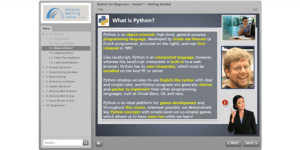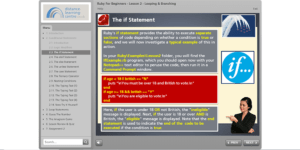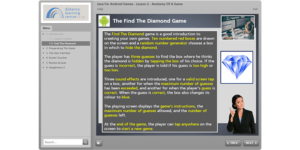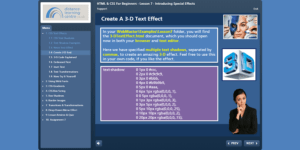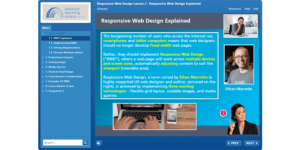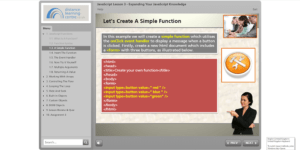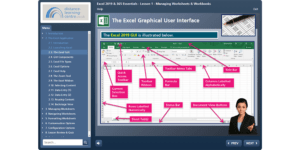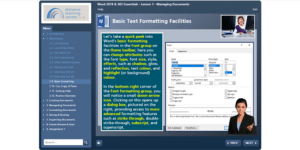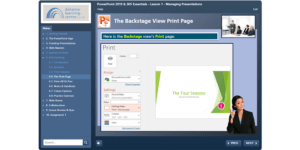Associate Project Manager
In today’s constantly evolving and competitive business world, the success of any project depends on efficient and effective management. This is where an associate project manager comes into play.
Whether it’s a small project or a large-scale one, an associate project manager has all the necessary skills and knowledge to ensure that the desired outcomes are achieved. What’s even better is that now, with the availability of apprenticeships for associate project management, one can develop crucial planning, leadership, communication and management skills on the job, while receiving formal training and guidance from experienced professionals.
An associate project manager is the key to successful project delivery. With good planning and organisation, they are able to utilise resources with the right skills, qualifications, experience, and knowledge to ensure the required outcomes are achieved. An associate project manager will create a motivated and integrated team, with clearly defined reporting lines, roles, responsibilities, and authorities.

An associate project manager leads and manages the project team, ensuring that all tasks are carried out within the designated budget and timeline. They are equipped with the skills to be able to anticipate and overcome potential issues along the way. With their experience in project management, they are able to provide direction and guidance to help the project team reach their goals.
Communication is essential in any project. An associate project manager is able to communicate with all stakeholders to ensure everyone is on the same page throughout the project. They are able to listen to different points of view, identify possible solutions, and negotiate if needed. By keeping everyone involved and informed, an associate project manager can ensure that the project is successful.
An associate project manager apprenticeship provides on-the-job training and guidance from experienced professionals. This apprenticeship will allow you to develop the planning, leadership, communication and management skills needed to be a successful associate project manager. You will receive formal training and support from experienced professionals who will help you develop the skills needed to be successful.
What will I learn?
Skills
Project governance
Project monitoring and reporting cycle to track, assess and interpret performance by the application of monitoring techniques to analyse status and manage information.
Stakeholder and communications management
Manage stakeholders, taking account of their levels of influence and particular interests. Manage conflicts and negotiations. Communicate to a variety of different audiences. Contribute to negotiations relating to project objectives.
Budgeting and cost control
Develop and agree project budgets, monitor forecast and actual costs against them and control changes. Support funding submissions. Tracking systems for actual costs, accruals and committed costs; structures for alternative cost breakdowns.
Business case
Contribute to the preparation or maintenance of a business case including achieving required outcomes.
Scope management
Determine, control and manage changes to the scope of a project, including assumptions, dependencies and constraints.
Consolidated planning
Consolidate and document the fundamental components of projects. Monitor progress against the consolidated plan and refine as appropriate, implementing the change control process where relevant.
Schedule management
Prepare and maintain schedules for activities aligned to project delivery.
Risk, and issue management
Identify and monitor project risk or opportunity, plan and implement responses to them, contribute to a risk management plan. Respond to and manage issues within a defined governance structure.
Contract management and procurement
Facilitate a procurement process, contribute to the definition of contractual agreements and contribute to managing a contract.
Quality management
Develop a quality management plan, manage project assurance, and contribute to peer reviews. Utilise an organisation’s continual improvement process including lessons learned.
Resource management
Develop resource management plans for project activities, acquire and manage resources including commitment acceptance, monitor progress against plans.
Knowledge
Project governance
Different types of organisational structures and responsibilities, functions and project phases on different types of project. How governance can control and manage the successful delivery of projects. The significance of the project management plan (PMP).
Project stakeholder management
Stakeholders: their perspectives, different interests and levels of influence upon project outcomes.
Project communication
Key contexts of a project communication plan, its effectiveness in managing different stakeholders. Factors which can affect communications such as cultural and physical barriers
Project leadership
The vision and values of the project and its links to objectives; the ways in which these can be effectively communicated and reinforced to team members and stakeholders. Leadership styles, qualities and the importance of motivation on team performance. Characteristics of the working environment which encourage and sustain high performance.
Consolidated planning
Purpose and formats for consolidated plans to support overall management, taking account of lessons learnt and how the plans balance fundamental components of scope, schedule, resources, budgets, risks and quality requirements.
Budgeting and cost control
Funding, estimating, overheads; direct costs, indirect costs, fixed costs, variable costs and an overall budget for a project; tracking systems for actual costs, accruals and committed costs; alternative cost breakdowns to provide for graphical representations, and performance management.
Business case and benefits management
Preparation and/or maintenance of business cases, including benefits management.
Project scope
Requirements management, and evaluation of alternative methods to learn from the past to improve delivery. Project scope change control, baseline change management, configuration management.
Project schedule
Scheduling and estimating for project activities including how they can be quality assessed. Progress monitoring and metrics to assess work performed against the schedule. Schedule management methods to evaluate and revise activities to improve confidence in delivery.
Resource management
Resource analysis, resource allocation and resource acceptance.
Project risk and issue management
The need for and implementation of a risk management plan. Risk management methods and techniques to identify and prioritise threats or opportunities. Mitigation actions to minimise risk impacts and to optimise benefits by managing opportunities.
Contract management and procurement
The nature of contracts, and their implications for contracting organisations. Procurement processes. Legal and ethical means for managing contracts.
Project quality
Quality management processes, assurance and improvements. Outcomes of a quality management plan, metrics for processes and quality standards.
Project context
The different contexts in which projects can be delivered, including health, safety, and environment management. The interdependencies between project(s), programme(s) and portfolio management. Project phases and key review points, across project life cycles.
Behaviours
Collaboration and team work
Understands and is effective as part of an integrated team.
Leadership
Communicates direction, and supports the vision for project delivery.
Effective and appropriate communication
Working effectively with and influencing others, taking account of diversity and equality. Influences and facilitates effective team performance.
Drive for results
Demonstrates clear commitment to achieving results, and improving performance.
Integrity, ethics, compliance and professionalism
Promotes the wider public good in all actions, acting in a morally, legally and socially appropriate manner. Promotes and models the highest standards of professional integrity, ethics, trust and continued development.
Key Info
Duration
This apprenticeship will typically take 27 months to complete.
Level
This apprenticeship standard is at Level 4.
Qualifications
Where an apprentice has not already achieved Level 2 English and Maths, they must do so before taking the end-point assessment.
Training Provider
Receive top-notch training from one of our handpicked providers in our trusted network.
Allow us to handle the seamless connection between you and a training provider who will expertly guide you and your employer through your personalised training journey. With their support, you will elevate your skills and excel in your role.
Enquire now to start your learning journey
[fluentform id=”30″]
